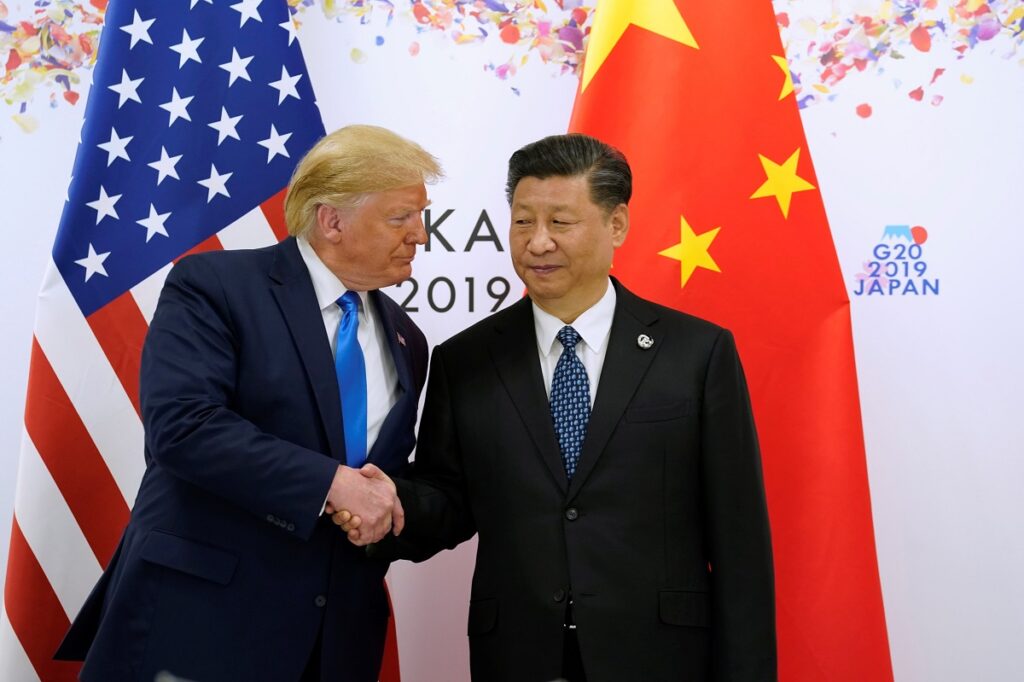- Web
- Feb 20, 2026
Trump invites Chinese premiere, Xi Jinping, to inauguration
-

- Web Desk
- Dec 12, 2024

WASHINGTON: United States president-elect, Donald Trump, extended invitations to the leader of China, Xi Jinping, and the Hungarian Prime Minister, Victor Orban, on January 20, 2025 to attend his inauguration ceremony.
The Chinese premiere and the Hungarian prime minister are among the world leaders who have been invited to the swearing-in ceremony in Washington DC.
Read more: UN General Assembly calls for immediate ceasefire in Gaza
Thru invitation to the Chinese premiere is is huge, given the tensions that have existed between the US and China during Trumps’ first presidency.
Trump took a hardline stance on China during his 2016-2020 tour, accusing the Asian giant of unfair trade practices and currency manipulations/
However, his tone became more conciliatory it seems with his second term looming.
The potential invitation to Orban is a bit more contentious, as thr Hungarian leader is an extremely controversial figure known for his nationalist and Eurosceptic views despite being part of the European Union.
During Trump’s first presidency from January 2017 till January 2021, his administration’s relationship with China was marked with heavy tensions and a shift in diplomatic and economic policies.
Tie reality media mogul adopted a confrontational stance, as he criticised the Asian Tiger for its trade practices, intellectual property theft allegations, and currency manipulation.
He argued that these contributed to what he deemed as trade deficit manipulation. Trump declared these practices as detrimental to US workers and industries.
This led to the imposition of tariffs on a wide range of Chinese goods, which set of the infamous trade war that aimed to pressurise China into changing its economic policies.
The trade war then escalated throughout Trump’s tumultuous presidency. The two economic giants imposed tariffs on each other in a tit-for-tat measure.
Trump’s administration sought to renegotiate trade agreements, culminating in the Phase One trade deal signed in January 2020.
The agreement included commitments from China to increase purchases of US good and address some of the alleged intellectual property thefts concerns.
Read more: Sara Sharif murder: London court finds father, stepmother guilty
Trump’s presidency also saw heightened tensions over geopolitical issues, including China’s claim to the South China Sea and its handling of human rights records.




